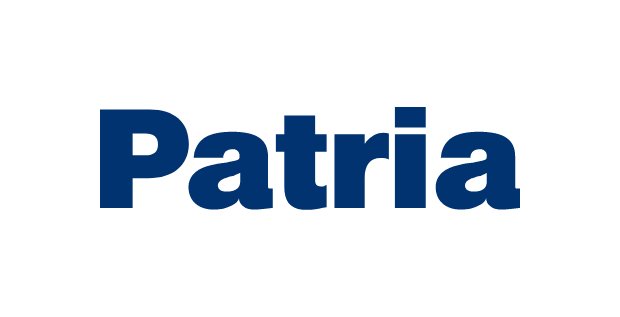The current production model of Ajax is to the latest Drop 3 capability build standard and all will eventually be brought up to the final Drop 4. (Photo: author)
Ajax – what went wrong and is success finally in sight?
The UK’s troubled Ajax recon vehicle is finally approaching a meaningful state of operational capability. What now for the programme as it reaches maturity?
General Dynamics UK has confirmed that all versions of the Ajax family of tracked armoured fighting vehicles for the British Army are now in full-scale production at its Merthyr Tydfil facility in South Wales and are to the latest Drop 3 Capability configuration.
This analysis article originally appeared in October's Decisive Edge Land Warfare Newsletter.
Newsletter Sponsor:
The Ajax family is the replacement for the Alvis Scorpion Combat Vehicle Reconnaissance Tracked which entered service as far back as 1972 and should have been replaced by the UK/US Tactical Reconnaissance Armoured Combat Equipment Requirement (TRACER) which was eventually cancelled.
In addition to the Ajax reconnaissance and joint fires observer vehicle the additional variants are Ares for specialist troops, Athena command and control, Atlas recovery, Apollo repair and Argus specialist engineering reconnaissance.
Rather than requiring separate development and production contracts, so prototype examples could be well tested before production release, the UK placed an order for all 589 vehicles in September 2015, some nine years ago, and deliveries should have run from 2017 to 2014.
The first 100 units were to come from General Dynamics European Land Systems in Spain with the remainder built by GD in the UK. Even today the steel hulls for the vehicles are still built in Spain.
There has been a well-publicised series of delays with a number of issues including noise and vibration found at the Armoured Trials and Development Unit (ATDU) at Bovington, which should have shown up much earlier during contractor shakedown trials.
France’s Jaguar 6x6 reconnaissance vehicle has the same 40mm CTAS as the Ajax but has a pod of two MBDA Akeron ATGWs integrated into the right side of the turret. (Photo: author)
So far, the British Army has taken delivery of Ajax to Drop 1 and 2 build standards with current models at Drop 3, with all eventually brought up to the final Drop 4 configuration which will include the 40mm Case Telescoped Armament System (CTAS). Each Capability Drop adds new features and capabilities to the vehicle.
The Household Cavalry Regiment has been training on the Ajax family, as has 6 Battalion Royal Electrical and Mechanical Engineers (REME) and the various schools.
Initial Operational Capability (IOC) is now scheduled for between July and December 2025 which comprises just one squadron ready for deployment.

Ajax is a fundamentally a very advanced digitised reconnaissance system and the only comparative platform in Europe is the KNDS-France Jaguar 6x6 reconnaissance vehicle now in service with the French Army as the replacement for the old AMX-10RCR the Sagaie armoured car.
Ajax has a much higher level of protection and is also armed with a 40mm CTAS and 7.62mm coaxial machine gun with provision for a roof-mounted 12.7mm remote weapon station (RWS).
Jaguar has the same 40mm CTAS but no coaxial MG but a roof-mounted RWS armed with a MG which can be used alone or with the 40mm CTAS. It also has a pod of two MBDA Akeron anti-tank guided weapons (ATGW) to engage targets at long range.
Both vehicles have a suite of advanced day/night sensors plus laser and acoustic warning devices and a networked enabled capability.
In terms of exports, Jaguar has the advantage of being an all-French effort; by contrast, there seems to be little reason for any foreign customer to selected Ajax over a less bespoke (or troubled) alternative from the GDELS stable.











